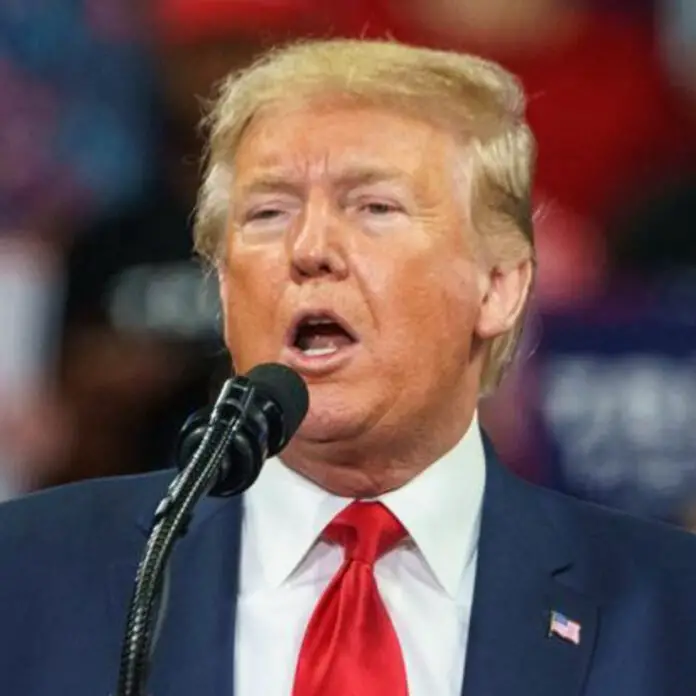In an enlightening revelation that underscores the multifaceted dynamics of the presidential transition, former President Joe Biden disclosed in a January 8, 2025, interview with USA Today that President Donald Trump, despite his public criticism of Biden’s economic policies, privately praised Biden’s economic successes during a recent meeting in the Oval Office.
“I didn’t mince words with Trump upon his election,” Biden confided to Susan Page of USA Today in an exclusive interview. “I immediately invited him to the White House and spent two hours with him.” During their private discussion, Biden disclosed that Trump “spoke highly of some of my economic initiatives” and “believed I was stepping down with a solid record.”
A week after Trump’s November 2024 triumph over former Vice President Kamala Harris, a comprehensive discussion on economic policy took place during the two-hour meeting. Biden, who had withdrawn from the race after a tough debate performance, asserted that he could have clinched reelection had he stayed in the contest.
Economic data from Biden’s term paints a mixed picture of recovery and hurdles. Under his leadership, GDP growth consistently averaged 2.5% annually, while the stock market posted annualized returns of 12.6%. Nevertheless, this performance was behind the 16.3% returns witnessed during Trump’s previous term.
The hallmark achievement of Biden’s administration, the $1.9 trillion American Rescue Plan, averted a recession and spurred growth, though it also faced backlash for potentially fueling inflation. Consumer sentiment was lower than in the Trump era, with Americans voicing ongoing worry about living costs. The personal savings rate also decreased during Biden’s time in office.
Biden scored a major legislative victory with the Bipartisan Infrastructure Deal. The former president astutely directed many of these investments towards Republican-dominated states, making it harder to roll back the projects. “This is the way to solidify a shift in economic policy,” Biden elucidated. The infrastructure initiative comprised considerable investments in climate change mitigation, starkly contrasting with Trump’s stance and withdrawal from the Paris Climate Agreement.
On the job front, both administrations demonstrated robust performance. The labor market under Biden rebounded from disruptions caused by the pandemic, while Trump’s previous term saw unemployment dip to a 50-year low of 3.5%. However, inflation surfaced as a significant distinction, with an annualized rate of 5.4% during Biden’s term compared to 1.9% during Trump’s presidency.
The economic strategy of the Biden administration included primary legislative drives like the CHIPS Act, which earmarked $280 billion to bolster domestic semiconductor manufacturing and research. The Inflation Reduction Act provided $437 billion for climate and healthcare initiatives. Biden’s vigorous antitrust enforcement and focus on full employment favored disadvantaged groups, leading to historically low unemployment rates among minorities.
Concerning fiscal policy, both administrations presided over significant increases in federal debt, though Biden’s term witnessed a more pronounced expansion. His proposed tax hikes on high-income earners and corporations contrasted with Trump’s push for extending the 2017 tax cuts.
In the interview, Biden cited his administration’s inability to effectively combat misinformation as one of the greatest disappointments of his presidency. Despite legislative victories and economic advances, communicating with and persuading the American public remained a persistent challenge throughout his term.
Reflecting on his legacy, Biden expressed optimism about how history would judge his presidency: “I hope that history says that I came in and I had a plan how to restore the economy and reestablish America’s leadership in the world,” he said. “That was my hope. I mean, you know, who knows? And I hope it records that I did it with honesty and integrity, that I said what was on my mind.”

